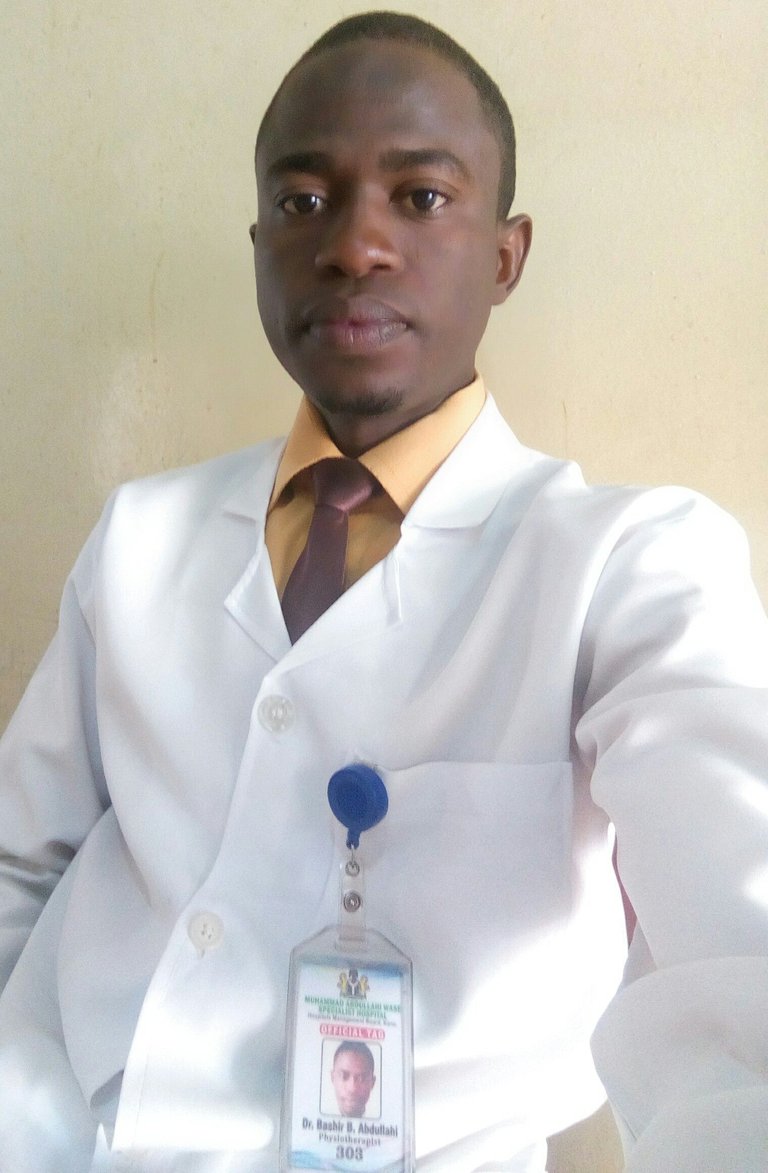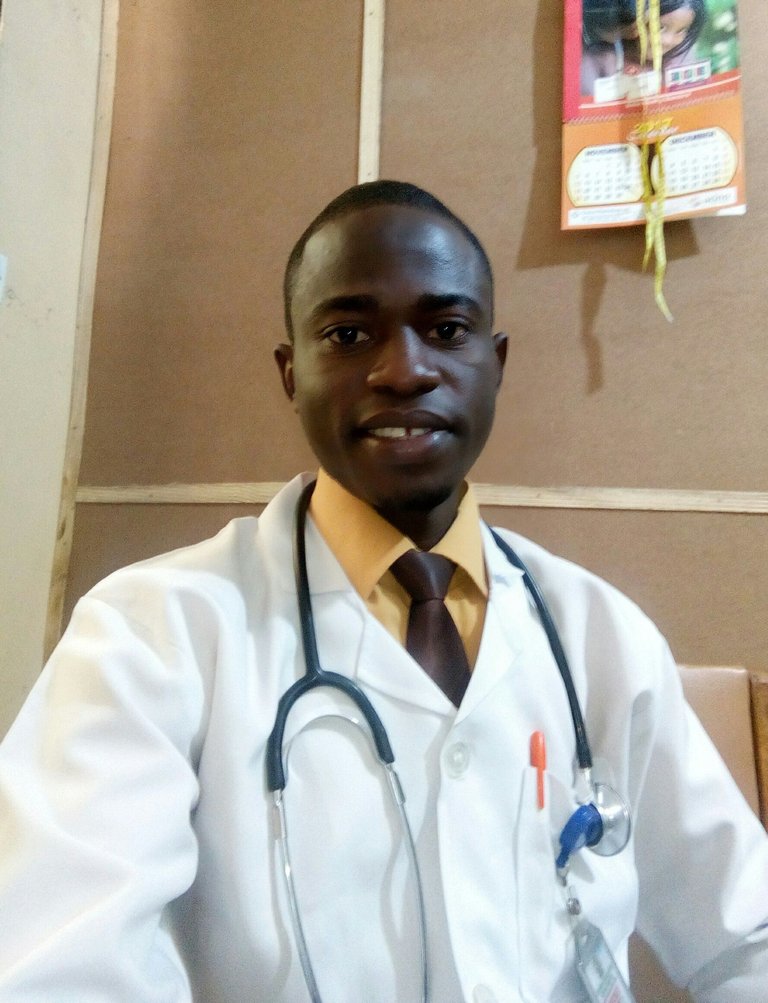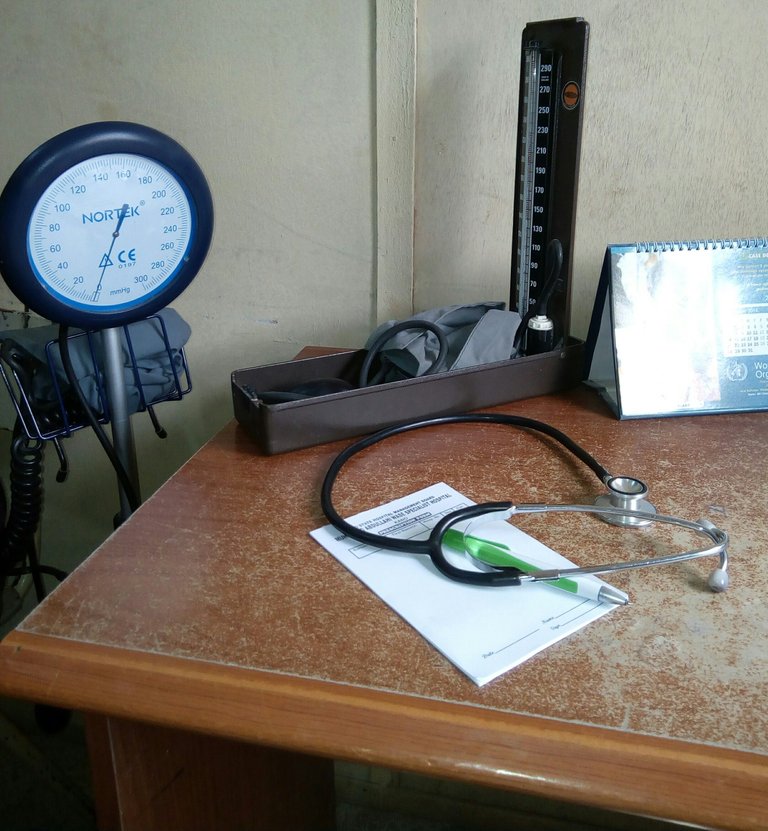Two letters, one period (Dr.), so much fuss. Then again, this short combination of letters and punctuation is rather coveted. It projects expertise and draws respect. It indicates status, accomplishment, years of study. It earns patients' trust. It makes parents proud. So perhaps it should be no surprise that more health care professionals want to see the honorific "Dr." before their names.
But who should be allowed to call themselves doctors? This issue became a medical football for years and remains a matter of debate, especially in health care. Some non-physicians say they have achieved doctoral-level degrees and deserve the title while on the other hand, the monopolists are frowning at them. Others wonder if this is mere careerism that will confuse, rather help, patients in clinical settings.
Again, the pandemic outbreak of "only-me" and "fond-of-title" syndromes among physicians and non-physicians respectively has, to some extent, created a diversion from "war-of-disease" to "war-of-title" in our health care system.
Because, the bearing of this prestigious title of 'doctor' has continued to rise the boiling point in the health sphere and has hatched many talking points surrounding the increasing usage of the title among health practitioners world wide, especially with the advent of many more doctoring degrees. In our setting here, when we say 'doctor' many their minds go to a medical doctor, perhaps this is the notion of a common man, but also other healthcare practitioners may be too economical with the fact that this 'doctor' title is wide open and so many health practitioners can be.
As far as one hasn't lost touch with the current advancements in the global healthcare system, should not be caught unaware of the many health programmes that are offering doctoring degrees other than medicine.
So, so many doctoring degrees, in health care, already emerged, and many more are always emerging: doctors of audiology, nutrition, pharmacy, physiotherapy, occupational therapy, optometry, nursing, medical lab. science, osteopathic medicine, chiropractic et cetera. The central idea behind emergence of these doctoring degrees is to improve professionalism and patient care, not just euphorically bearing the title. It isn't a big deal in saying, for instance, I'm Dr. so-and-so, and I'm a pharmacist, and the like.
In addition, post-nominal letters are used precautiously to differentiate discipline and qualification, for e.g. MD, DO, DPT, DC, DDS and so on. That's not that unusual. The big issue is to make sure the patient knows who is attending to him/her. Because, none would be a medical doctor and a physiotherapist or a nurse and a pharmacist at the same time. That is to say, in essence, saying " I'm doctor so-and-so" is not just enough to be a problem, but the big question is "doctor of what?". Because we don't know how many doctoring degrees exist or will emerge tomorrow. So take it easy.
It would be a professional suicide to claim what you're not, especially in dealing with human lives, in fact, this is impersonation or quackery of the highest order. And where it happened is the sole responsibility of the respective regulatory bodies to check and/or sue the impostor to court but not an outsider.
However, to foster multidisciplinary approach by bringing more expertise into patient care from other medical disciplines is a good thing. And if those experts have the credentials and want to call themselves doctors, so be it. As long as there is no intent to mislead patients, cross borders, or confuse the public. Besides, all professionals are aware of their abilities and boundaries, why wouldn't physicians respect the designations of colleagues who want to be called doctors? What are we afraid of?
But, whether or not one bear the doctor title is a storm in a tea cup, because, it wouldn't add anything good to our patients. So, in the very first place, it seems self-ridiculing to claim what you are not, for example, where I say I'm doctor of physiotherapy and I couldn't provide assessments, diagnoses and treatments within the scope of physiotherapy practice is enough self-ridiculing and slaps on my face and my profession. Hence, differentiation is now not just by title, but by role.
Lastly, I think we need to avoid, as professionals, demeaning each other. We need to think collectively about what is best for the first and most important member of the medical team, that's our patient.
Thanks.


